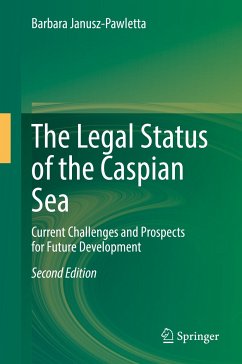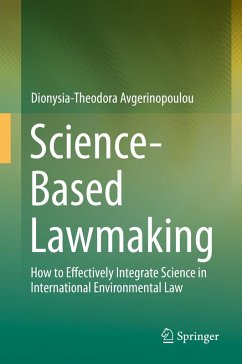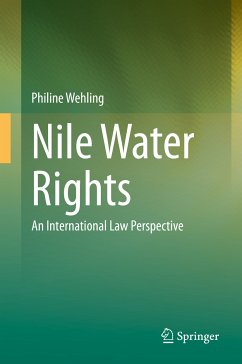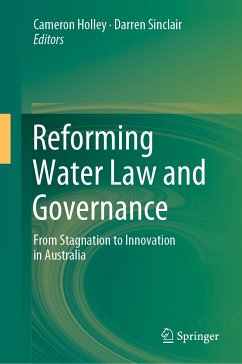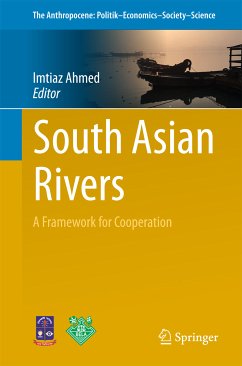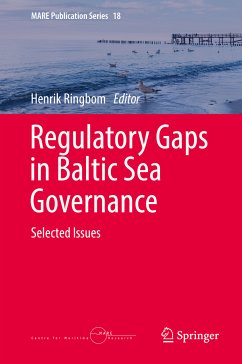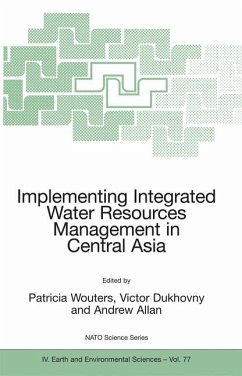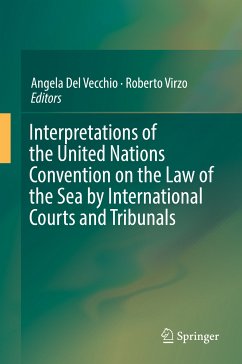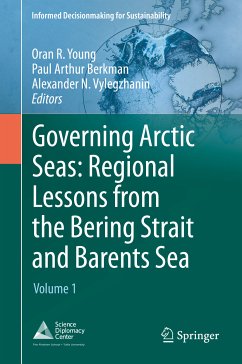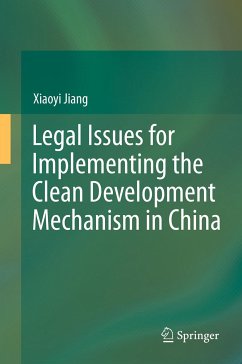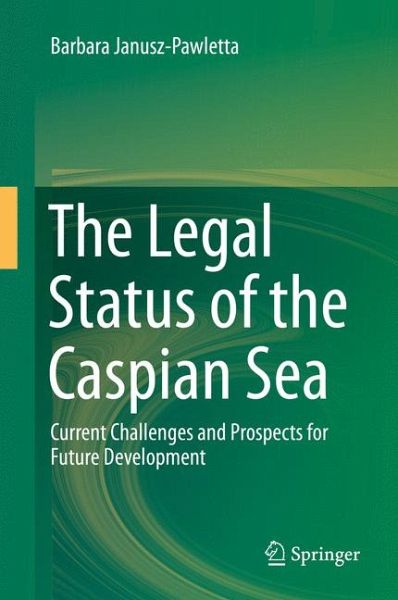
The Legal Status of the Caspian Sea (eBook, PDF)
Current Challenges and Prospects for Future Development
Versandkostenfrei!
Sofort per Download lieferbar
64,95 €
inkl. MwSt.
Weitere Ausgaben:

PAYBACK Punkte
32 °P sammeln!
This book analyzes the legal and economic situation concerning the removal and allocation of the natural resources in the Caspian Sea - the largest enclosed body of salt water in the world, which not only constitutes a fragile ecosystem with great fishery resources, but is also rich in oil and gas deposits. The economic advantages gained from the development of oil and gas are the basis for the economic and social development of the riparian states, but also cause significant transboundary harm to the ecosystem of the Caspian Sea. The book contends that, if the local environment grows more hea...
This book analyzes the legal and economic situation concerning the removal and allocation of the natural resources in the Caspian Sea - the largest enclosed body of salt water in the world, which not only constitutes a fragile ecosystem with great fishery resources, but is also rich in oil and gas deposits. The economic advantages gained from the development of oil and gas are the basis for the economic and social development of the riparian states, but also cause significant transboundary harm to the ecosystem of the Caspian Sea. The book contends that, if the local environment grows more heavily contaminated through the extraction of mineral resources, it could lead to environmentally induced violence. It describes the ongoing conflicts, which are primarily due to various riparian states' territorial claims concerning the extraction of oil and gas resources, and argues that the current legal framework on the use and protection of the Caspian Sea is obsolete. Thus, the main objective of the book is to point out corresponding international legal mechanisms that could be used in order to settle these disputes and protect the Caspian Sea's fragile environment from transboundary harm.
Dieser Download kann aus rechtlichen Gründen nur mit Rechnungsadresse in A, B, BG, CY, CZ, D, DK, EW, E, FIN, F, GR, HR, H, IRL, I, LT, L, LR, M, NL, PL, P, R, S, SLO, SK ausgeliefert werden.



